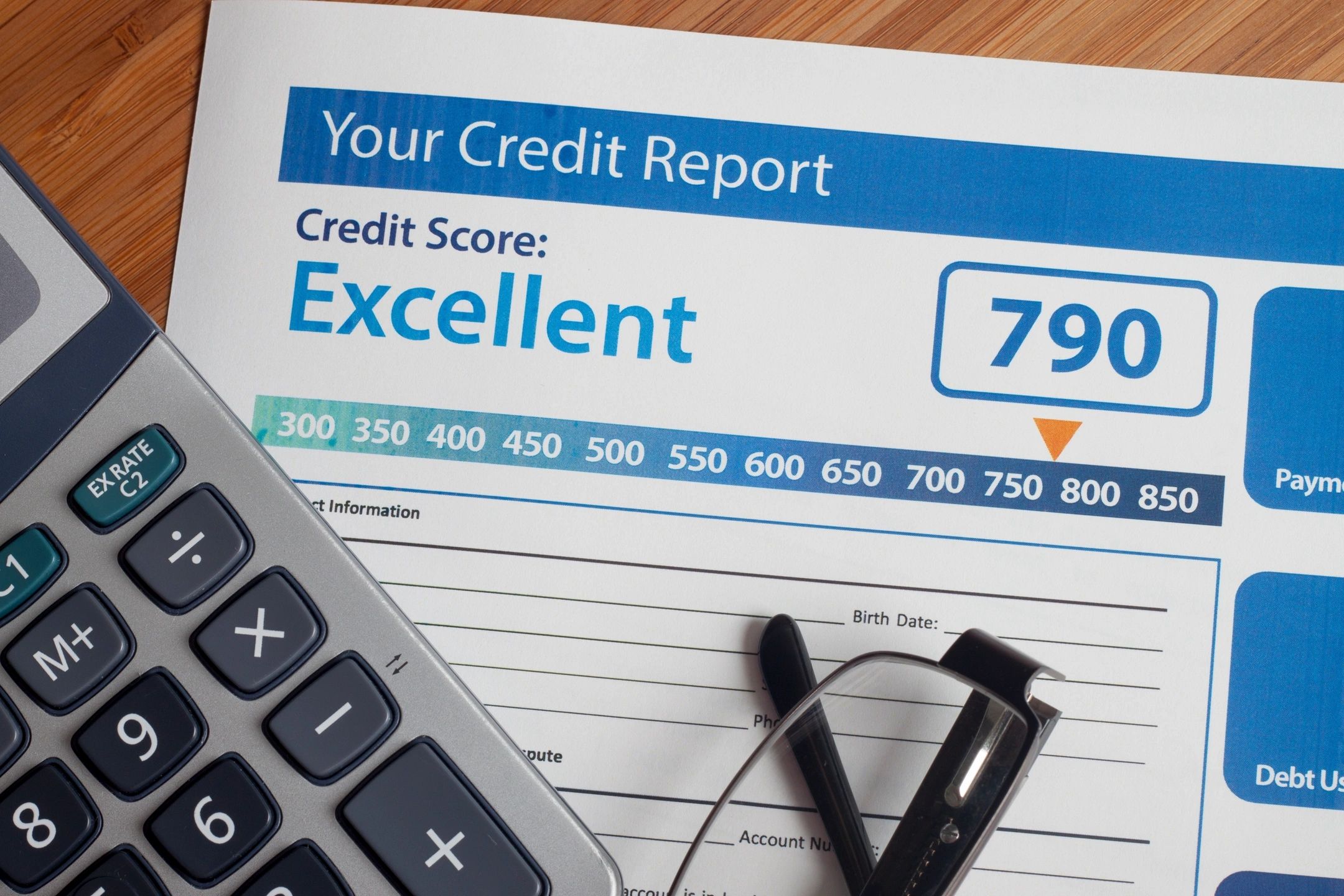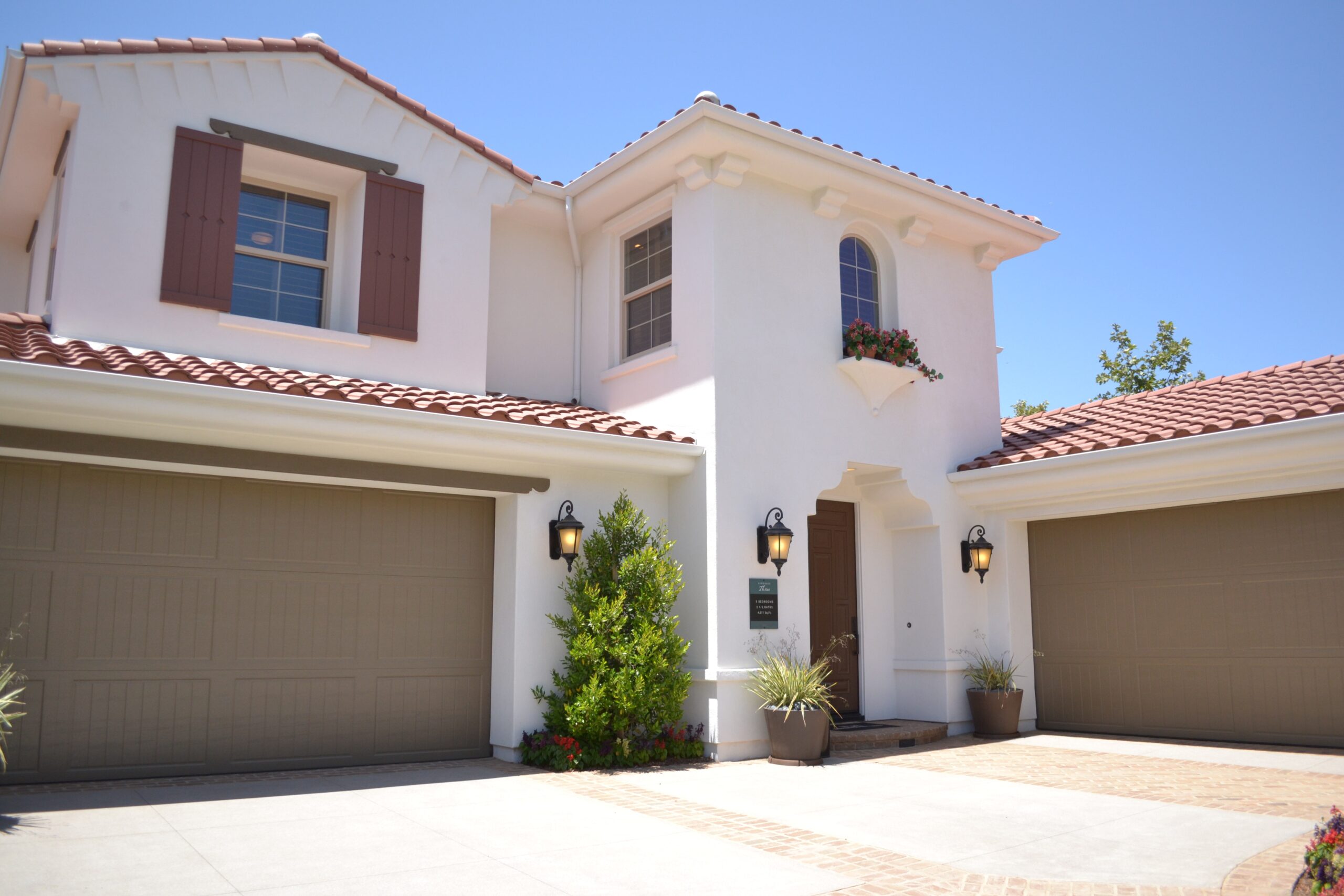Refinancing is a great opportunity for homeowners with equity to take some cash out. This is known as a cash out refinance.
A “cash out refinance” simply means taking a new loan on your house for a higher amount than your current principal balance, and receiving cash for another purpose from the loan proceeds. If you currently owe $150,000, and your new loan is for $200,000, you would be taking $50,000 cash out. Regardless of your reason for taking cash out, qualifying guidelines are the same. It does not matter if you use the funds for home improvements or a trip around the world.
There are four common reasons to take a cash out refinance:
- Consolidate debt and improve your overall cash flow.
- Home Improvements or Home Addition
- Purchasing Investment Property or a Second Home
- Buy a Car, Pay for School, Take an Extended Vacation, Start a Business, Fulfill Your Dream
Let’s take a closer look at each.
Consolidate Debt and Improve Your Overall Cash Flow
The interest rate on credit card debt and installment loans is typically higher than the rate on a home loan. Consolidating all debt into one monthly payment simplifies your life by making it easier to manage your monthly bills, and in most cases significantly improves your monthly cash flow.
This strategy is covered in depth in another post: Consolidate debt with a cash out refinance.
Home Improvements or Home Addition
Adding to your current home or significantly improving it through remodeling is a smart way to re-invest your equity, and if you love your home and neighborhood it’s a great alternative to moving. After living in the home for many years, you probably have a good idea of what improvements would best suit your needs. It’s often easier to create exactly what you want in your existing home, than to find it in a new home within your budget.
Instead of taking on credit card debt or using savings, you can borrow your equity at a low interest rate to complete your home improvements, and you’ll still have one low payment.
Well-constructed permitted additions and remodels increase the value of your home. New kitchens, baths, and additional square footage are the biggest ways to create equity. Deferred maintenance can also be repaired with cash out proceeds.
Just remember, you should never ever start your remodeling or construction until your loan has been approved. An appraisal will be ordered for all cash out refinances, and if the appraiser sees any construction he or she will have to note it on the appraisal. This is a huge red flag for an underwriter, and will most likely result in the denial of your loan. Lenders cannot extend loans on properties under construction – these are Fannie Mae guidelines. The last thing you need is to have a half-completed project with no money to finish it! Wait until you have cash in hand from your loan to swing your hammer. It is perfectly ok to use the cash out for a construction project, it just cannot be in progress during the loan process.
If the house is in serious disrepair to the point that it may not qualify for traditional financing, a renovation loan may be a better choice. Another time when a renovation loan would make more sense is if you don’t have sufficient equity in the home as is, and need the addition value that a renovation or addition would add in order to qualify. You can learn more about our renovation loan products here. If neither of those situations apply to you, a regular cash out refinance is easier, faster, and allows you more freedom over the renovation process. It also allows you to take out additional funds that do not have to be put toward renovations, whereas a rehab loan does not.
Purchasing Investment Property or a Second / Vacation Home
The third reason people typically take out equity is to purchase investment property or a second home, since it’s one of the fastest ways to access a large sum of money without selling your home. The funds from your cash out refinance can either cover the down payment for the new property or the entire purchase, depending on how much equity you have, and how much borrowing power your income can support. If you qualify to borrow enough to pay cash for your investment, you’ll have the most freedom in choosing a new property. If you need to take out a loan for your next purchase, you will have to qualify for both loans. If the new property is a rental, we can qualify you using a portion of the rental income on the new property.
Investor Challenge: Using the proceeds from a cash out refinance, find an investment property that produces enough rental income to cover the expenses on both properties!
Buy a Car, Pay for School, Take an Extended Vacation, Start a Business, Fulfill Your Dreams
This last category covers anything else you choose to do with your money. The sky is the limit (well, and your loan-to-value and debt-to-income ratios). On the next page, learn more about how much equity you can really borrow through a cash out refinance.
Owning Investment Property is a Great Way to Invest in Your Future
We have numerous loan programs that are available to investors, both for purchasing new investment property, and also to refinance currently owned properties. While we strive to keep these options updated, if you don’t see a program mentioned here, that doesn’t mean it’s not available. Please ask! As a broker, we have access to dozens of different lenders that are constantly adding and updating loan options.
Please Note: The options described on this page are for investors who are NOT living at the property. If you are starting your investment career with a multi-family home (2-4 units) that you plan to occupy, please visit our Purchase Loan Options page to view our loans for home buyers and home owners who will be personally residing in the property. Down payment requirements do vary based on who will be occupying the home (owners or tenants).
All property values and down payment requirements for purchase will be determined by a current appraisal of the property. Down payments and maximum amounts borrowed are subject to individual credit and income approval.





